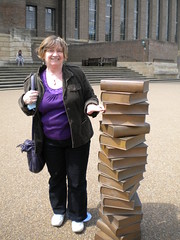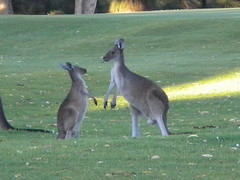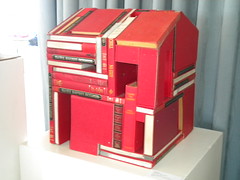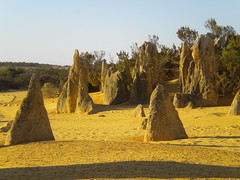My colleague David and I are going to be running some Welcome Host Customer Care courses for some of the Library and IT staff at Durham University in the next few weeks. Welcome Host is a great course – whenever I do it, it reminds me to think about staff and students as individuals and that we should always listen carefully rather than apply blanket rules.
Thinking about this reminded me about a recent poor experience I had as a “customer” at Cambridge University Library. I popped in whilst visiting my daughter, hoping that as a visiting librarian I would be welcomed and would have the opportunity of looking round what I’ve always assumed is one of the best university libraries in the UK. Maybe I’ll never know now! I’ve visited libraries all over the world and have always been made welcome, but sadly not in Cambridge. I wasn’t given a chance to explain who I was and what I wanted, I was just told that there’s a rule that only members are allowed in and no staff were free to talk to me. What a shame. I can’t imagine that anyone would be turned away in this manner in my own library, however busy we were.
In the Welcome Host course, we talk about how quickly the message about poor customer service can spread and how “nice” customers don’t make a fuss, they just go away and tell others. I guess this blog post is a perfect example of that!

This is as close as I got to the books at CUL! However, they are very neat twirly books!









